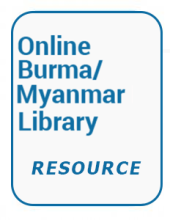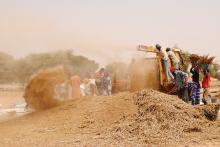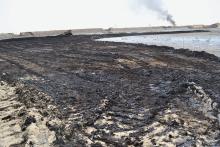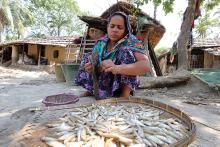Land Library
Welcome to the Land Portal Library. Explore our vast collection of open-access resources (over 74,000) including reports, journal articles, research papers, peer-reviewed publications, legal documents, videos and much more.
/ library resources
Showing items 1 through 9 of 51.Reshmi Banerjee gives an overview of climate change-related risks for Myanmar...According to the 2016 Climate Risk Index, Myanmar is the second most vulnerable country in the world to the effects of climate change.
...According to the 2016 Climate Risk Index, Myanmar is the second-most-vulnerable country in the world to the effects of climate change.
Abstract. "We use numerical climate simulations, paleoclimate data, and modern observations to study the effect of growing ice melt from Antarctica and Greenland.
Burma has been ranked by a German think tank as the second worst country with regards to the effects of climate change between 1994 and 2013.
In the debate on climate change, it is frequently argued that the number of “climate refugees” is going to grow world-wide. So far, however, only little evidence has been provided of links between climate change, environmental changes and migration.
Tropical forage grasses and legumes as key components of sustainable crop-livestock systems in Latin America and the Caribbean have major implications for improving food security, alleviating poverty, restoring degraded lands and mitigating climate change.
China has a longstanding tradition of using biogas for decentralised energy supply. Already, there are nearly 42 million household digesters in the rural areas, a figure set to double by 2020. But the country has even more ambitious plans.
German Development Cooperation has developed an approach for the sustainable production of charcoal that has proved to have a considerable impact in Northern Madagascar.
Soils around the world are degrading rapidly, reducing ecosystem diversity and some important functions, threatening food and other human securities, and increasing vulnerability to climate change. This is a vicious cycle created by and leading to further unsustainable land-use practices.






